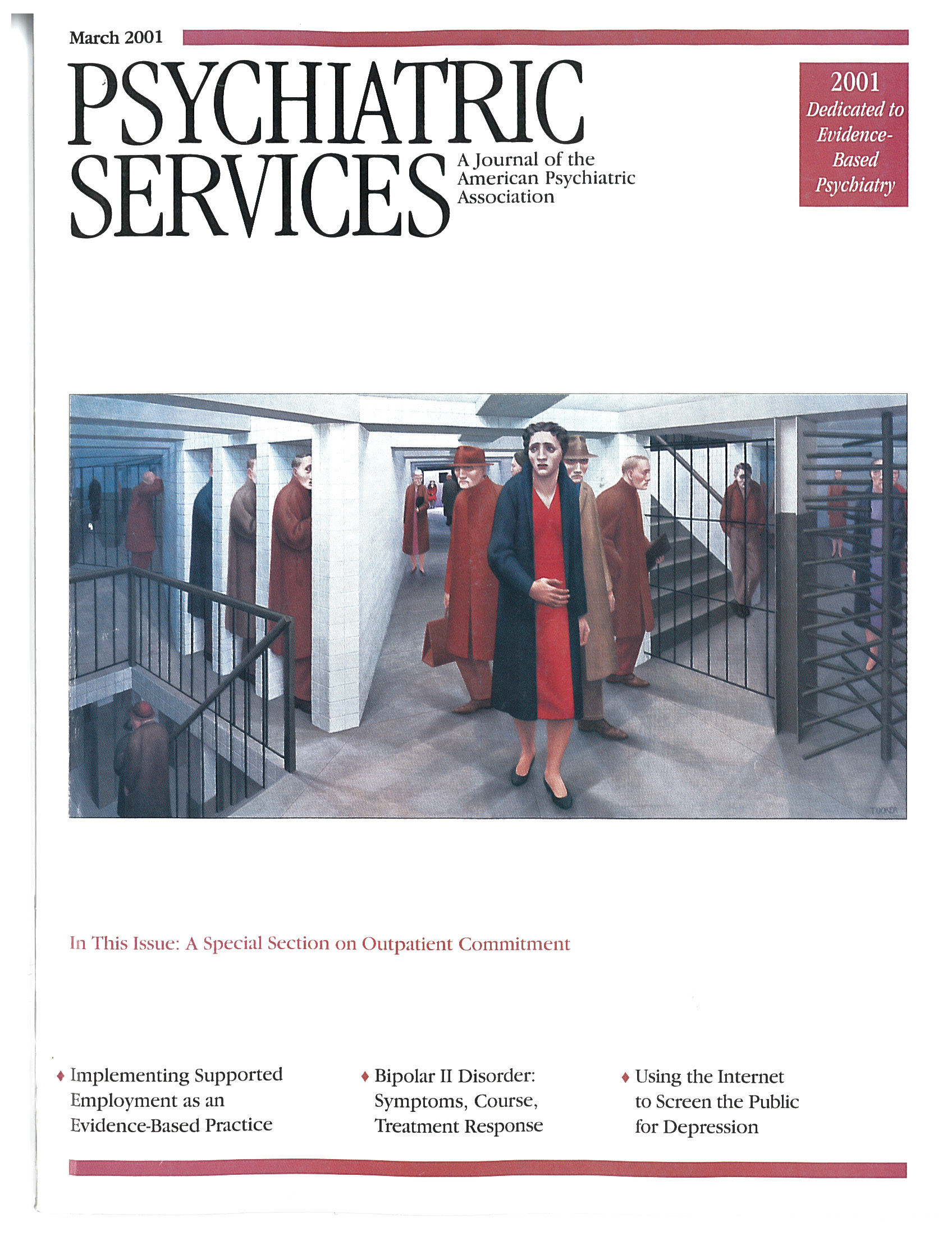Psychiatric Residents as CME Presenters
To the Editor: Department chairs and residency training directors seek various opportunities for psychiatric residents to develop academic skills. Residents are expected to teach residents of other specialties, junior psychiatric residents, and medical students. Some systems provide residents with opportunities to teach other professional trainees, such as psychology interns and postdoctoral fellows and social work, physician assistant, and nursing students. Residents are also generally encouraged to present poster sessions, publish case reports and literature reviews, and conduct original research—activities that can be very productive for psychiatric residents, especially with mentoring by academic faculty.
Wilford Hall Medical Center in San Antonio, Texas, recently hosted a continuing medical education meeting. The meeting offered 22 hours of category I continuing medical education (CME) credit to more than 100 psychiatrists from across the United States and overseas who were on active duty in the military. A notable innovation at this meeting was that psychiatric residents from Wilford Hall Medical Center presented five of the lectures. In this letter we describe how we organized the meeting with a focus on active inclusion of the resident presenters and close mentoring. We hope that other academic psychiatry departments will consider including residents in similar courses at their institutions.
From the initial planning of this meeting, the steering committee included the department chair, residency training director, forensic psychiatry consultant, and chief resident. Encouragement of resident presentations from each postgraduate level was made a priority from the beginning, and the residency training director was named course director. With several months of lead time, the course director and chief resident actively solicited from residents proposals for presentations. Because informal polling of potential meeting attendees had identified forensic psychiatry as a need, three of the resident presentations focused on topics in that area. These presentations were developed under the close supervision of the department's forensic psychiatry consultant, who also served as course director of the forensic section of the meeting.
The resident presenters—two PG-2s, two PG-3s, and one PG-4—chose their own topics, which had to fit into the overall goals of the meeting. Each lecture enhanced the development of the resident's interest in the specific areas presented, which were eating disorders, forensic courtroom testimony, fitness-for-duty evaluation, leadership development, and malingered hallucinations.
The resident presentations were well received by the attendees. In fact, several attendees were surprised to learn later that the presenters were residents. All of the resident presenters felt that the experience reinforced their confidence in their teaching abilities. Most important, attending the meeting offered residents an opportunity to reinforce their identity as developing academicians.
We encourage other departments to actively include residents in departmental CME meetings so they can have the opportunity to develop and refine their academic skills.
Dr. Bourgeois is affiliated with the department of psychiatry at the University of California, Davis, Medical Center. The other authors are with the department of psychiatry at Wilford Hall Medical Center in San Antonio, Texas.



